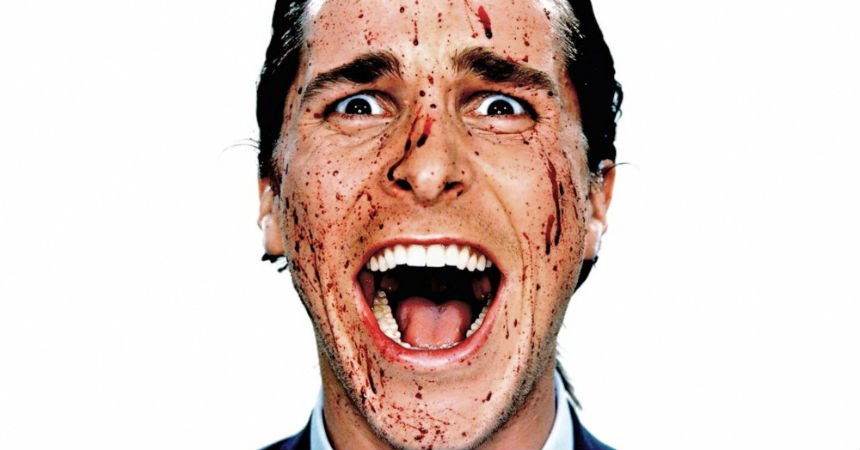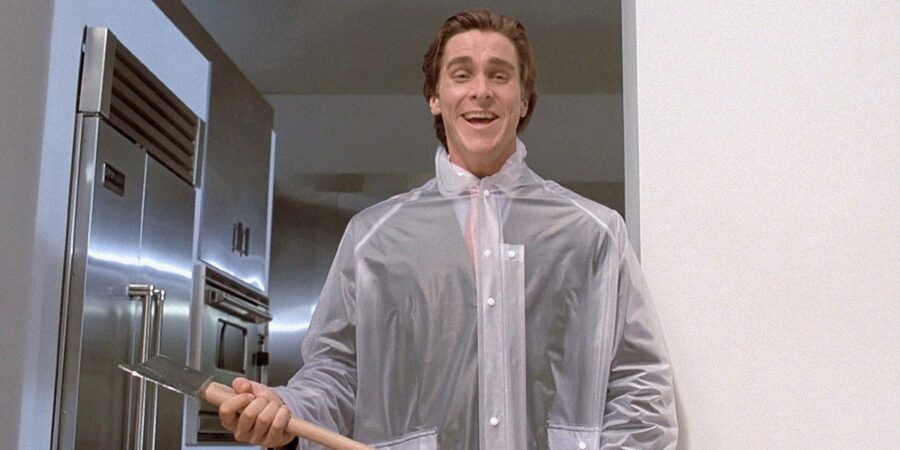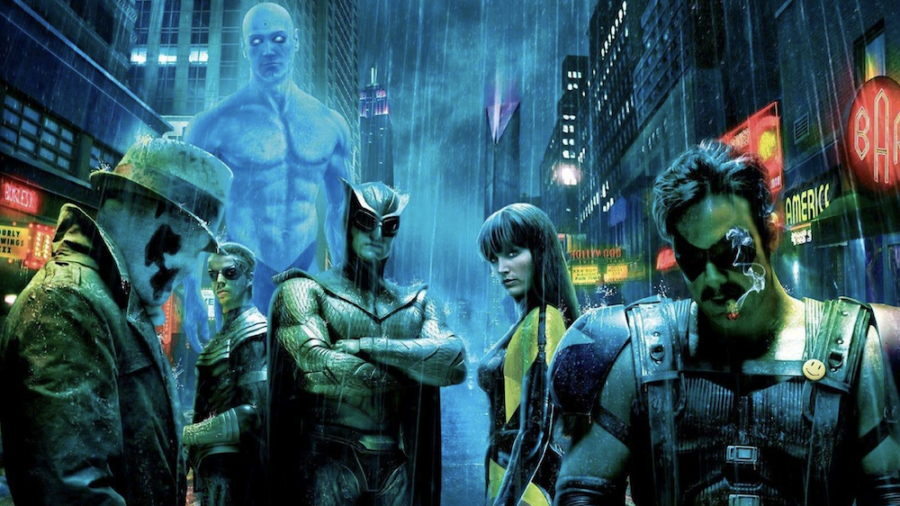3 Times An Author Absolutely Hated The Movie Adaptation Of Their Work

It has often times been said that the book is better than the movie. Of course, if you ask the author, they will almost always agree with that, and why shouldn’t they? They are the source material and, as many best-selling authors have pointed out, if it was meant to be a movie, they wouldn’t have written the novel. Movie adaptations can be very tricky to pull off.
There are reasons for the two different mediums. With novels, an author can dig deep. They can take readers to places movies simply can’t. Yes, there are plenty of instances where movies have truly captured the essence of a book, even while authors still don’t appreciate the final film product.
We have found three authors who simply did not like the movie adaptations of their works. You may not agree, in fact, you may not even realize that the movies were actually books first.
Authors Who Hated Movie Adaptations
American Psycho – Bret Easton Ellis

Bret Easton Ellis wrote his novel, American Psycho, in 1991, and it became one of the most polarizing novels of its time. Readers either loved it or hated it, same with critics. Nine years later, Mary Harron’s movie adaptation arrived in theaters and starred Christian Bale in an unhinged performance as Patrick Bateman.
To be fair, Ellis had no issue with Bale’s performance. Instead, it was over the essence of the film that Ellis objected to. “I don’t think it really works as a film. The movie is fine, but I think that book is unadaptable because it’s about consciousness, and you can’t really shoot that sensibility,” he explained in an interview with Film School Rejects (via Indie Wire).
Ellis felt that the fact that his novel was a first-person narrative was difficult to portray, and he didn’t appreciate Harron’s take on the ending of the film. “You have to make a decision whether Patrick Bateman kills people or doesn’t. Regardless of how Mary Harron wants to shoot that ending, we’ve already seen him kill people; it doesn’t matter if he has some crisis of memory at the end.”
Overall, Ellis didn’t feel the movie adaptation captured the satirical elements or the underlying themes he laid out in his controversial novel.
The Witches – Roald Dahl

Roald Dahl was the beloved author of such great novels as Charlie and the Chocolate Factory, James and the Giant Peach, and The Witches. All of these works turned into movie adaptations, much to the dismay of Dahl.
While Dahl did not appreciate the final result that ended up as Willy Wonka and the Chocolate Factory (he hated the fact that the spotlight turned to Wonka and not Charlie), he held more contempt for Jim Henson’s The Witches.
Dahl’s main point of contention was the fact that he felt Henson and his crew took his story and turned it into something dark, which was something Dahl never intended to do. Dahl was so upset that he penned a nasty letter to Henson, making sure Henson knew exactly what Dahl felt about the film.
In his letter, he told Henson he was “appalled” by the film and was upset with the “vulgarity, the bad taste, and the actual terror displayed.” Dahl demanded that his name be removed from the film and that the producer change the title so it would not be associated with Dahl.
For Henson’s part, he responded with a heartfelt apology and eventually was able to bring Dahl around and not have the author remove his name from the movie adaptation. Sadly, Jim Henson passed away two weeks before the film was released in theaters.
The Watchmen And More – Alan Moore

It’s not just one, but each and every one. Alan Moore, known for the amazing work done on his graphic novels, has never hidden the disdain he feels for every one of the film adaptations of his work. Rarely has Moore said anything positive about any of the Hollywood adaptations and there are plenty.
The very first time Hollywood took a shot at his material was the 2001 Johnny Depp film, From Hell. Whereas his graphic novel touched on misogyny and classism, the film (directed by the Hughes Brothers) turned it into a Victorian crime caper that leaned heavily on the gore factor. That would just be the beginning.
One of the more famous pieces of work Moore hated as a film adaptation is Zack Snyder’s Watchmen. Although Moore and Snyder famously butted heads about the direction Snyder was taking the film, Moore’s real issues came from Warner Bros. and DC. Moore was livid that they were pressuring him into shilling Watchmen merchandise.
He became so upset with the entire notion that he completely backed away from the project, demanded his name be removed from everything associated with the film, and then vowed never to work with DC again.
Other works of his that Moore did not appreciate include the Keanu Reeves-led Constantine, V For Vendetta, and A League of Extraordinary Gentlemen. It was also this latter film that drove Sean Connery into retirement, so it wasn’t just Moore who disliked the horrible adaptation.












